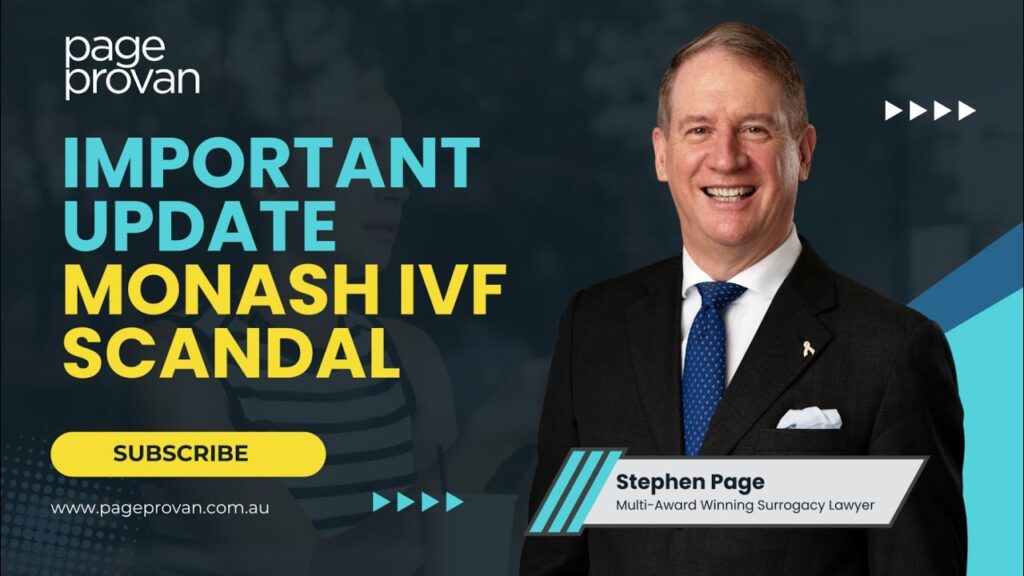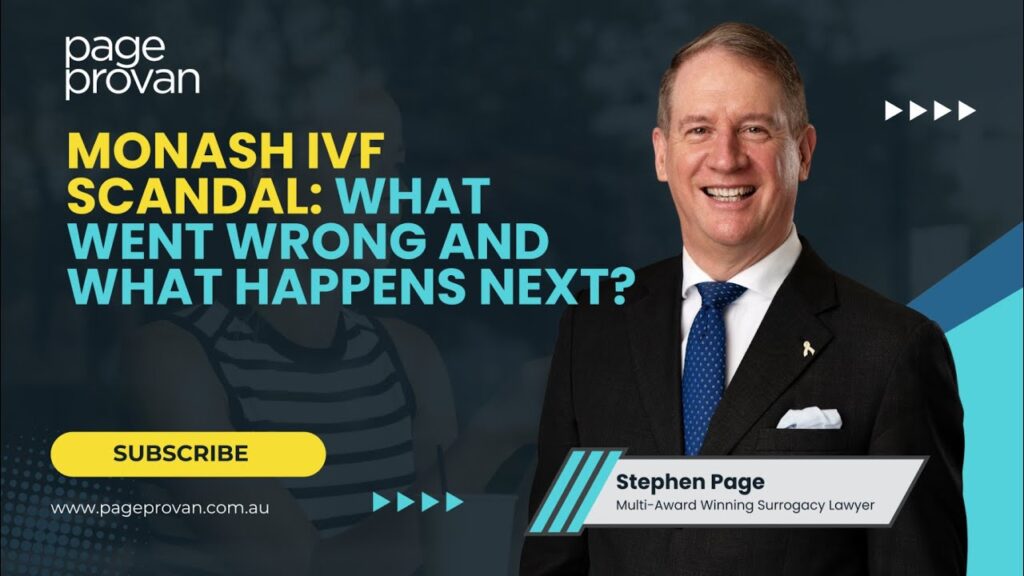When it comes to court, be honest…
A recent Family Court case has demonstrated, yet again, that when people come to court they need to be honest.
In Sikorski and Sikorski, the Full Court had to consider an application by the husband on appeal to present fresh evidence, relating to the alleged ownership of a property called G. The husband alleged that his parents had an interest in that property.
It must be noted that the husband was in some ways behind the eight ball because he had been found at the trial to have spent big on prostitutes and gambling. The husband had asserted that the wife had stolen from him a large quantity of cash and gambling chips. The trial judge found that the husband was putting forward proposals to make up for those losses.
In support of his application to the Full Court, the husband did not explain why his parents were unable to give evidence at the trial.
He then tried to tender a document. The court rejected it, saying:
We are not satisfied that it would be appropriate to allow the husband
to adduce the document allegedly relating to the G units for the following
reasons:
(a) If this document was a genuine document we would have expected
the husband would have raised its existence with the learned trial judge, but
that was not done. Further, the wife was not cross examined as to the alleged
theft of not only this document but of any documents. The wife was cross
examined only as to the alleged theft of a substantial quantity of cash at the
same time.
(b) There is serious doubt as to the genuineness of this
document. The document appears to have been created from a printed landlord and
tenant agreement which had the wife’s signature on it for that purpose. The
reference to landlord and tenant has been deleted and the word “owner”
substituted. As the wife’s counsel submitted, it is questionable as to why this
document was prepared in this way and also, if it was a genuine document the
wife would have signed as an owner and not as a witness given that at this time
she was a joint owner with the husband of the G property.
(c) A further
troublesome fact is that the husband had presented to the learned trial judge as
an annexure to an affidavit a document dated 3 April 1997 and which
purported to be a “contract agreement” between the husband and his parents “to
secure 50% ownership of property located at [G] SA for the sum of $50,000”. It
is curious that if this document was genuine why the document dated 15 June
1997 was prepared. The husband was unable to answer that question. We also note
that the learned trial judge referred to the annexure to the husband’s affidavit
in finding that the husband’s parents did not acquire an interest in the G
units. His Honour referred to the denial by the husband that this document was
prepared by his parents to assist him with this case and the further denial that
this document was prepared after the date shown on it. The learned trial judge
was not satisfied by the husband’s explanation, and that is consistent with his
Honour’s findings generally as to the lack of credit of the husband.
(d) At the very least this is a controversial document and if it was admitted there
would be the need for further extensive evidence in cross examination and hence
a new trial.












